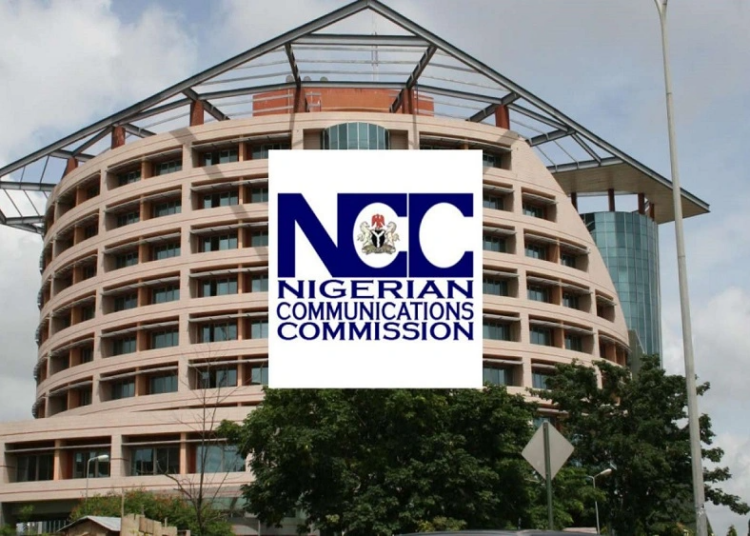The Nigerian Communications Commission (NCC) has conducted a three-day public inquiry on six critical regulatory instruments to address challenges of quality of services and use of satellites in the telecommunications industry.
The executive vice chairman (EVC) of the commission, Prof Umar Danbatta in his remarks at the public inquiry on Tuesday at the NCC head office in Abuja, said the public inquiry with stakeholders, experts and concerned citizens was not only a constitutional matter, but aimed at charting a robust course for the advancement of the industry.
He noted that the regulatory instruments being considered during the course of this Public Inquiry are vital to ensuring that the communications sector meets the demands of the ever-evolving digital age, Danbatta said.
Danbatta said further that the the inquiry has become necessary in view of the dynamics and disruptions in the telecommunications industry.
He said:” The first instrument, the Quality of Service Regulations, has been amended to ensure that the quality and standards of service are in line with current realities.
“It is pertinent to add that the Commission has also introduced Business Rules for Quality of Services, which comprises of all the various Quality of Service parameters, to ensure that they can be easily adapted to meet the ever evolving and changing trends in technology and different deployment approaches of the sector.”
The NCC boss also enumerated other instruments as the draft Guidelines on Corporate Governance for the communications sector, the Commercial Satellite Guidelines, which is now intended to be Regulations, the numbering regulations, the competition practices regulations and the draft data protection regulations.
He said the regulations are to ensure transparency and accountability, improvements in quality of services, promote competition and provide level playing ground for all stakeholders.
He explained that the commercial satellite guidelines, now taken as regulations have “been amended to address the growing demand for satellite services, satellite licensing and orbital slots, ensuring fair access for all stakeholders towards ensuring that the broadband penetration targets of the government are attained”.
On the Numbering Regulations, Danbatta said the inquiry would facilitate comprehensive analysis of the current numbering regime to identify possible gaps and ensure it is adaptable to the ever-evolving needs of the sector.
“The Public Inquiry affords an opportunity to critically examine and provide valuable insights on the draft instruments.
“The expertise and perspectives of all stakeholders present will help shape the final instruments that will govern the communications sector and determine their impact on society in the years ahead,” Danbatta added.





